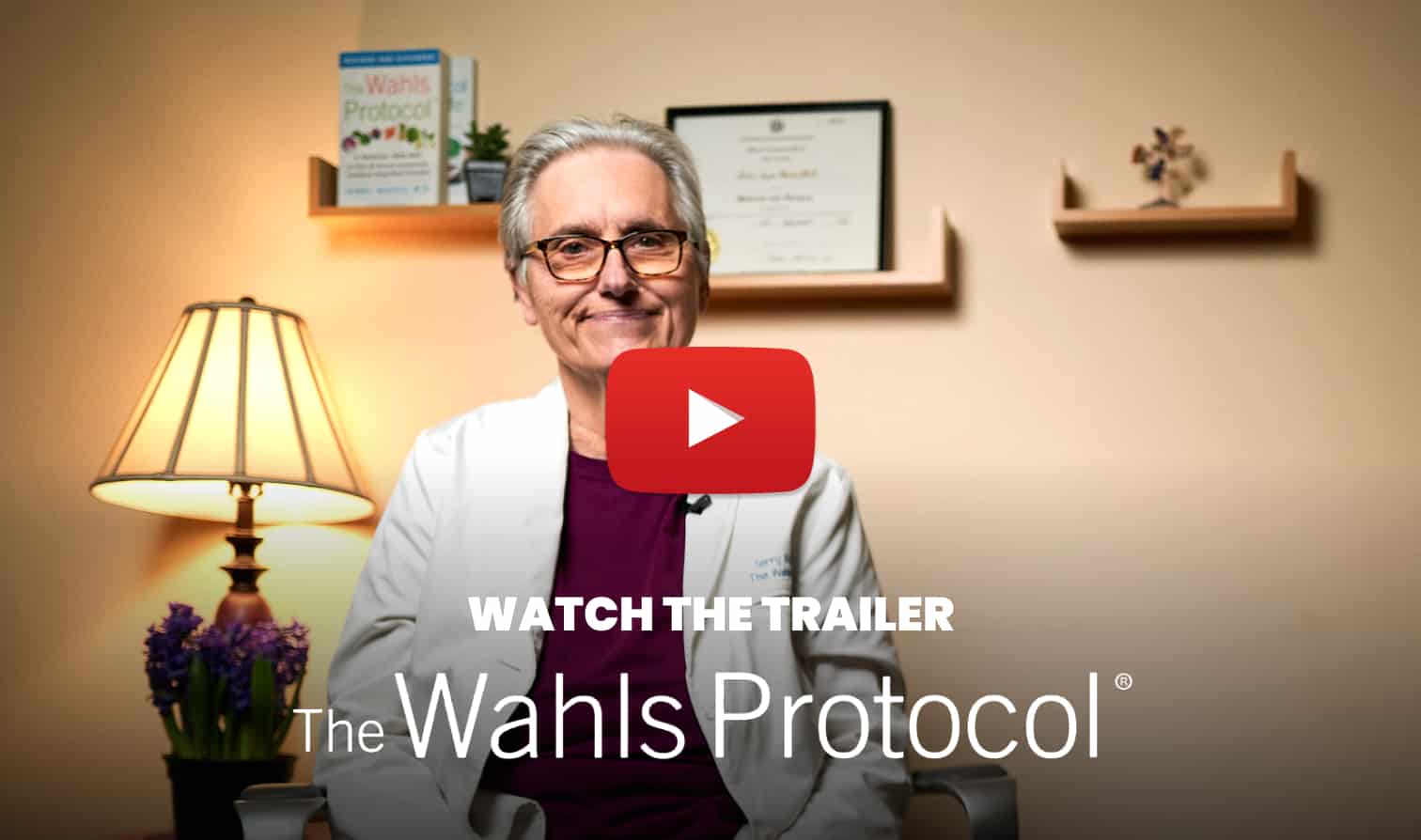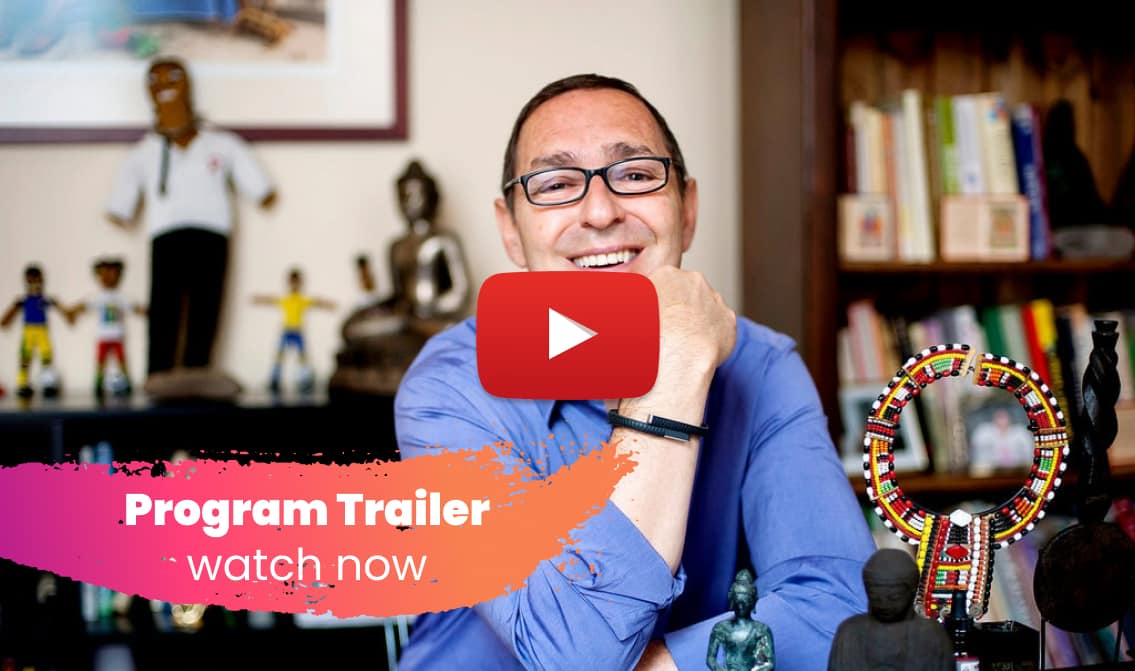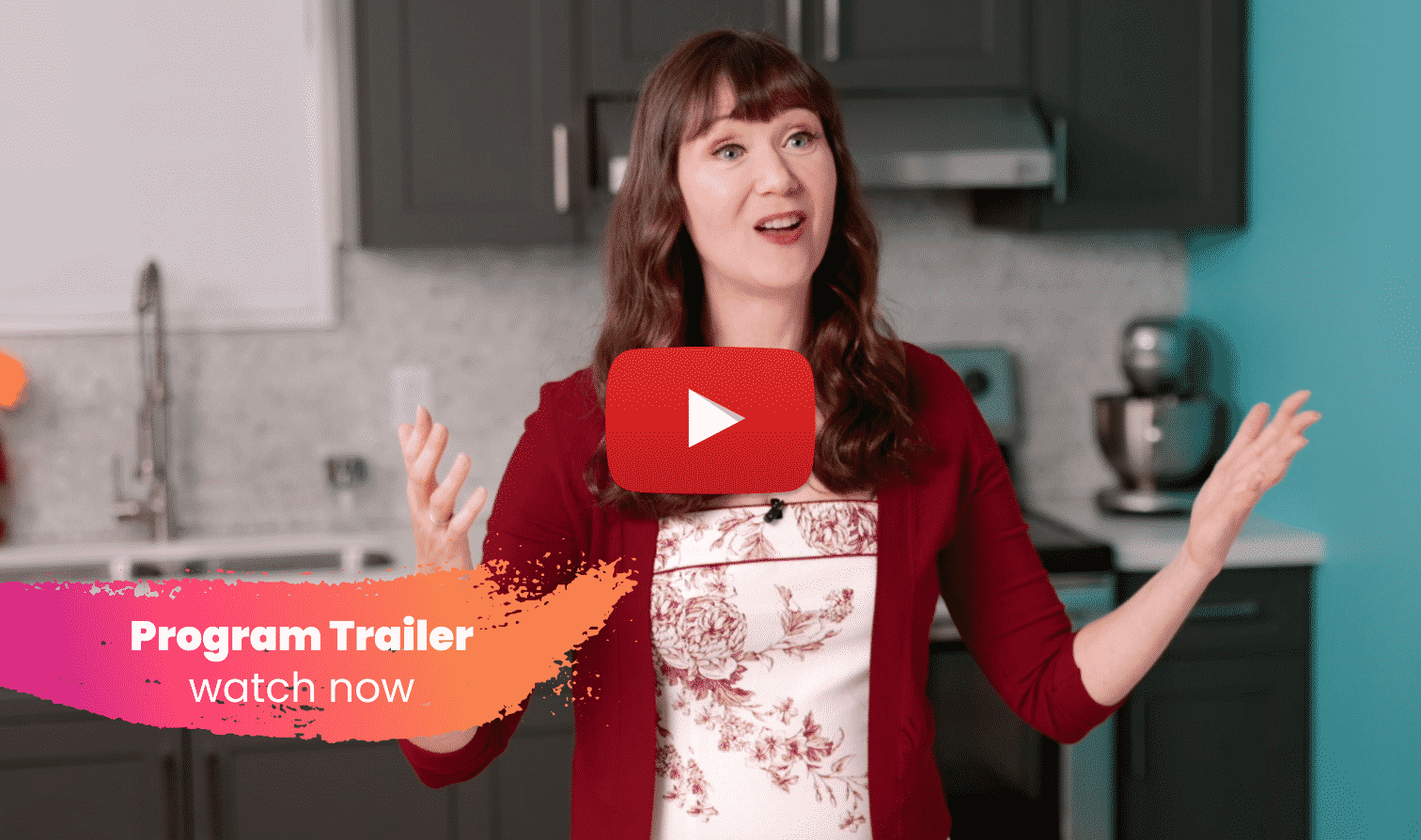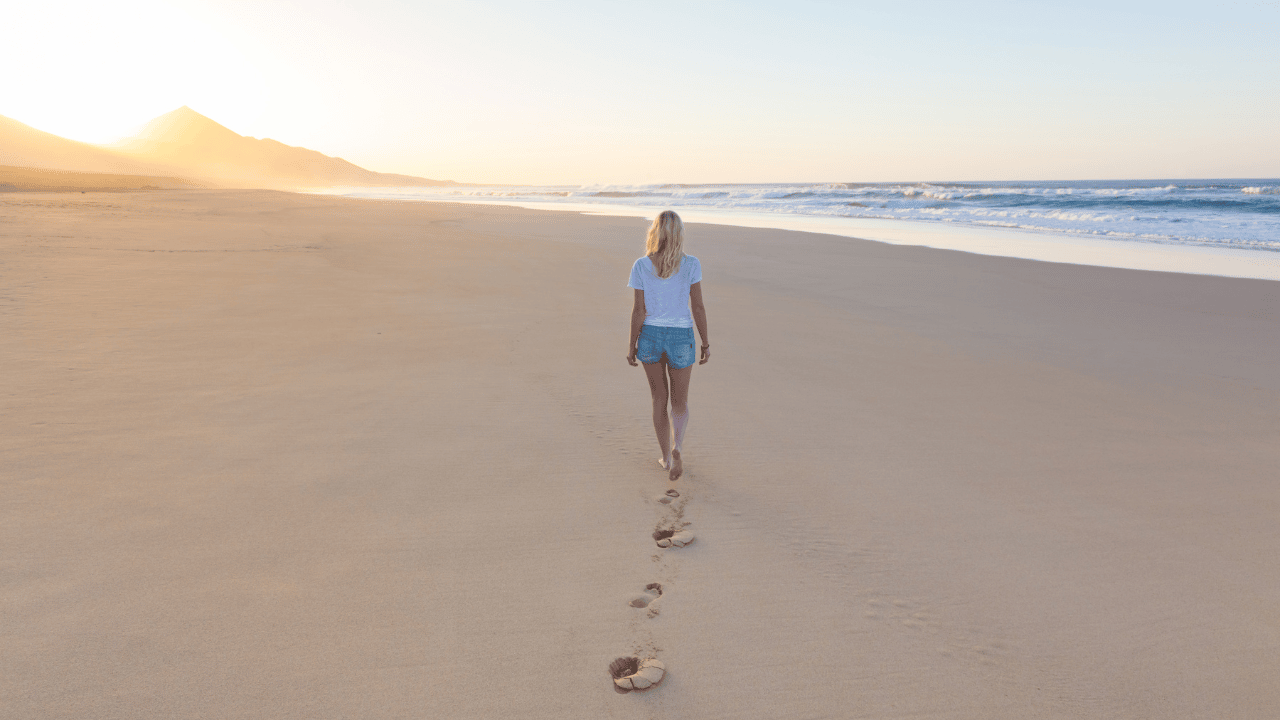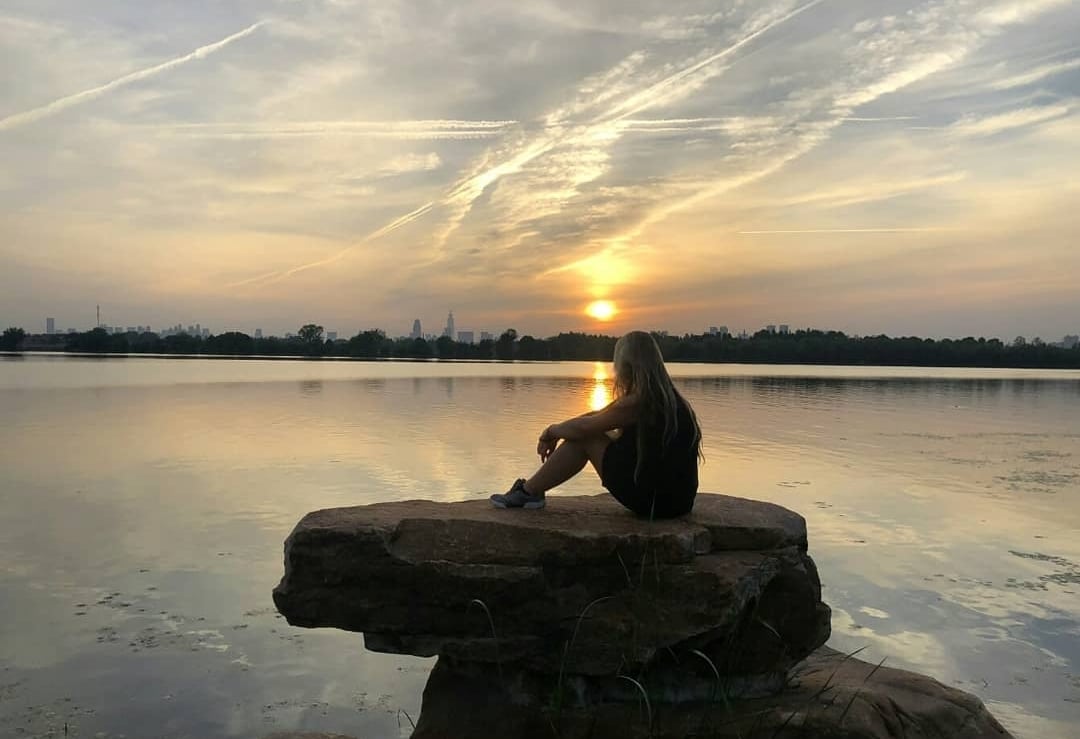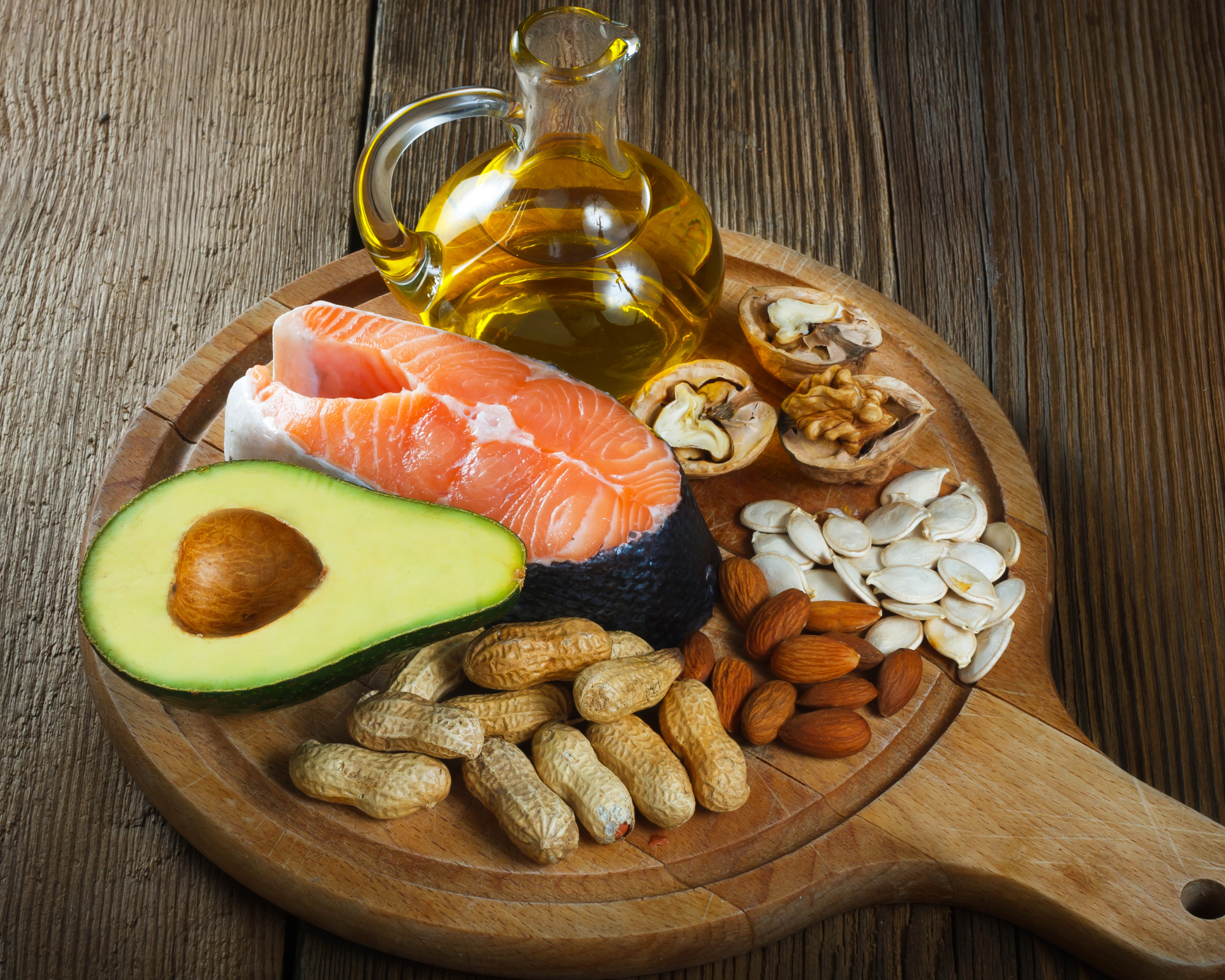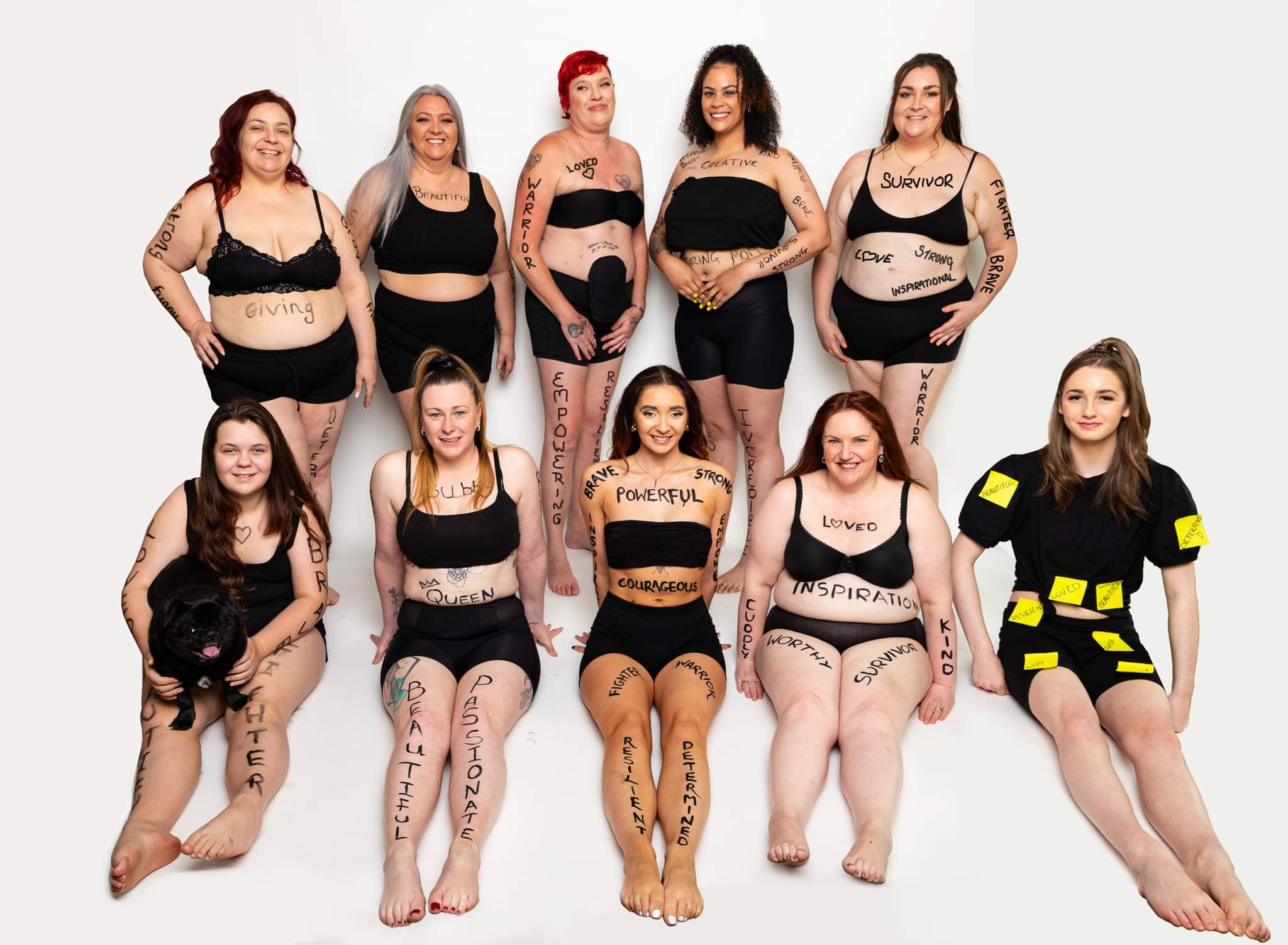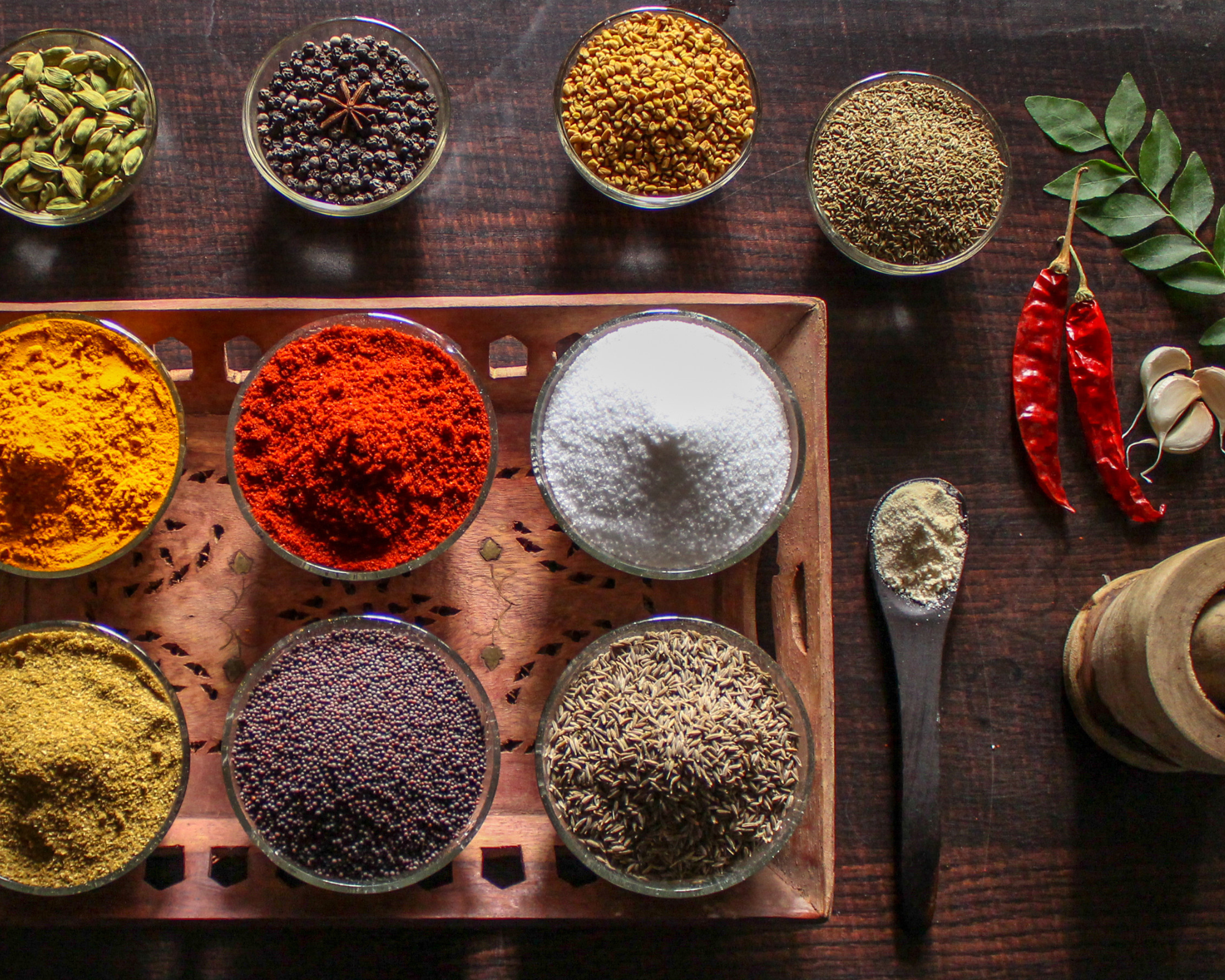Published and interviewed by Mariah Wilson
Interviewed June 26th, 2022
Featuring Setare Taabodi
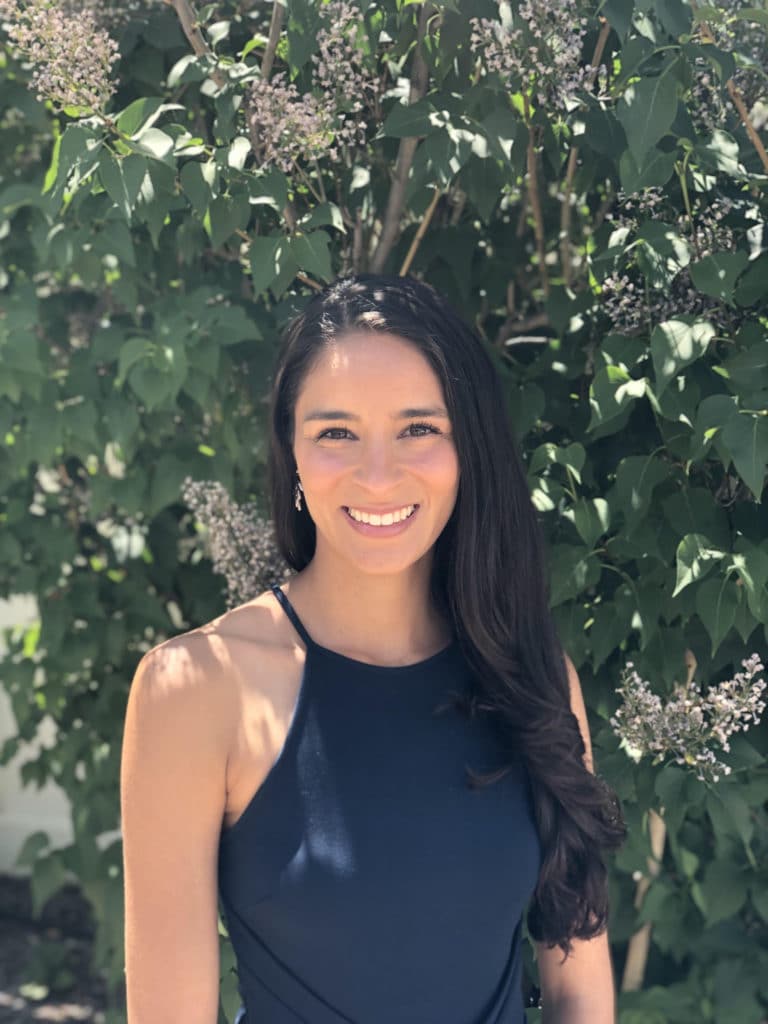
Dr. Setare Taabodi is a board certified family nurse practitioner, a clinical professor at the University of Nevada, and a natural medicine and holistic health practitioner. After suffering from postural orthostatic tachycardia syndrome (POTS), chronic digestive issues, and multiple autoimmune illnesses, she was able to heal herself naturally with nutrition and herbal medicine. She now provides health consultations to people all over the world and helps people reclaim their health and reverse their chronic health conditions.
Jump into this health journey:
- Can you give us a brief overview of who you are and what you do for a living?
- When did your health journey begin?
- How did you get diagnosed with an autoimmune disease?
- What made you try “alternative” medicine?
- How did diet impact your healing journey?
- What diet helped you the most?
- What does a day of eating look like for you?
- Did you take meat completely out of your diet?
- Should everyone go vegan?
- How do you make time to meal prep and cook?
- What are your go-to snacks for busy days?
- Do you track your protein and nutrient intake?
- How strict are you with your diet?
- How do you prevent food poisoning when traveling?
- What causes an autoimmune disease?
- What’s your opinion on the theory that the body is “attacking itself” when it has an autoimmune disease?
- How would you support an autoimmune disease?
- Food as medicine: What foods have antiviral properties?
- Can you eat too much fruit?
- Was exercise helpful or harmful?
- What type of exercise do you recommend?
- What other health promoting habits do you recommend?
- What are your thoughts on counseling / therapy?
Mariah: Today we have Dr. Setare Taabodi joining us from Nevada. We’ll be exploring her journey with chronic fatigue, hashimoto’s, dysautonomia, and how she uses food as medicine.
Setare: Thank you for the introduction. My name is Setare Taabodi. I am a board certified family medicine nurse practitioner. I live in Nevada. I currently work as a natural medicine health consultant, and I specifically work with a lot of people suffering from autoimmune conditions, dysautonomia, also known as conditions like POTS (postural orthostatic tachycardia syndrome), chronic fatigue syndrome, small intestinal bacterial overgrowth, and other chronic health symptoms.
Setare: I’m 32 now, and I got sick when I was 22. I was previously healthy my entire life, then I ended up getting food poisoning from the hospital cafeteria, and I just never felt the same afterward.
My symptoms were very progressive, but they started with digestive issues, fatigue, and I started feeling lightheaded and dizzy all the time. Then it escalated to numbness and tingling, eventually to the point where I became bedbound. I was doing conventional medical care during that time, but every time I went to see my doctor, they would do blood work, and mostly it would come back normal.
They would say that I was young and healthy, but I just needed to sleep more. Or they would say it was related to “stress”. I was also a night shift nurse at the time, so they said, “maybe it’s because you’re working night shift”.
But I knew deep down that something was seriously wrong with me and I just had to push through because no one would listen to me eventually it got to the point where I really couldn’t move or get out of bed.
Mariah: That sounds like a really tough time, especially being in your early 20s.
Setare: That’s a good question. When I became bed ridden, that was when people started to kind of take my health concerns seriously. I remember, I’d always tell my primary care provider, I know my symptoms started after food poisoning, but I was presenting more with neurological symptoms. So it didn’t really make that much sense.
I had asked to go see a neurologist and a gastroenterologist. They finally wrote me referrals, and I had a full workup done: I had a brain MRI, tons of lab work, stool tests, CT scans, endoscopies, colonoscopies, and things like that. But pretty much everything came back inconclusive and I remember at that time my gastroenterologist was just like, “I don’t know what to tell you. I just think you have chronic fatigue syndrome”. I remember being so disappointed. I was like, that’s not even a thing – well, it’s a thing, but it just means they don’t know what’s wrong with me.
Setare: So at the time, a family friend recommended that I go see a homeopathic doctor, and I was very resistant to it because all my training had been in conventional medicine. I was so desperate to get well, that I went to see them. It exposed me to this completely different world of alternative medicine that I’d never learned about.
He ran a lot of functional medicine lab testing, and he’s the one that found out that I developed small intestinal bacterial overgrowth, hashimoto’s, adrenal insufficiency, and all these other little things.
He had me change my diet, I got put on lots of vitamins, supplements and probiotics. He also put me on antibiotics for my gut infection, which didn’t really help. I was also put on steroids for adrenal issues, and some of those things helped. I felt like I was functioning at 70%. That’s kind of how I was able to get diagnosed, which was very significant in my healing journey.
Mariah: That’s good that you did end up figuring out more about what was wrong with you. Based on what we talked about earlier, it sounded like you really took your health into your own hands. I remember you describing food as medicine, and how food was the direction that you wanted to take to start healing yourself.
Setare: Once I saw the homeopathic provider, I was basically put on gluten-free and lactose-free diets, which helped a little bit, but I still really wasn’t healed for years.
I went to multiple different practitioners: functional medicine, naturopathic, Ayurvedic, Traditional Chinese Medicine… I tried everything alternative. I was curious and desperate to get well.
I went on all these really strict protocols, spending hundreds of thousands of dollars on supplements, medications, herbs…and I still really wasn’t seeing results.
I did years and years of that, but it really came down to that I noticed my symptoms were different based on the foods that I ate, and I really couldn’t figure out what foods they exactly were, but I knew that food was going to heal me because I felt different based on the foods that I ate.
So I was like, okay, food is going to heal me…let’s just figure out what food. So I went on tons of different nutritional protocols: the vegan diet, keto diet, paleo diet, autoimmune diet, low histamine diet, the low FODMAP diet…. I did everything that I could get my hands on, and I would try each diet for like six months to a year.
Setare: The diet that made the biggest difference was a plant based diet. I discovered a low-fat plant based diet in 2018 after reading these Medical Medium books by Anthony Williams. After implementing a low-fat plant based diet, I was able to get off all my medications in six months. I truly attribute the plant based diet to healing my body, and it really just makes sense.
Growing up, we’re always telling our kids, to eat fruits and vegetables to become strong and healthy…and as adults, we make things so complicated. But for me, I’m like, okay, so if I eat a bunch of fruits and vegetables, I can fuel my body – that sounds very simple.
Before that, I was on these really strict protocols where I have to have no dairy, no eggs, no soy, no corn, and I can only eat these kinds of meat, and I can only eat these kinds of plants…and I couldn’t eat cruciferous vegetables or I couldn’t have berries or histamine foods. It was just so complicated. But when I finally realized that just eating a bunch of plants could heal me, it was very simple.
Mariah: When you say plant-based diets, for those who aren’t exactly familiar with it, does that mean only plants and only vegetables? Or how does that differ from a vegetarian or a vegan diet?
Setare: Good question. So for me, I was basically a plant-based vegan. I like how you differentiated that, because I do believe people who eat meat can eat plant based as well.
Setare: I would have lemon water, juices, and smoothies for breakfast. Lunch would be like salads and steamed veggies. Dinner would be a stir-fry with a whole bunch of veggies. I eat lots of fruits throughout the day and things like that. So really simple food. It’s not a very extravagant diet, but I think sometimes simple is good and simple is appealing.
Setare: I did. It’s really interesting. I wasn’t that big of a meat eater, but because one of the nutritional protocols that I tried was the Paleo diet, which is very meat heavy, I was eating meat and eggs essentially multiple times a day. I always thought that once my health improved, I’d go back to eating meat, but now that I removed it completely as well as gluten, dairy, eggs…that’s kind of what heals me. So I currently don’t eat any meat.
Setare: I don’t think you need to be vegan to heal. A lot of my clients eat meat, and they still feel great.
Mariah: I know that you have a very busy schedule…
Setare: Prioritizing my food shopping and having healthy foods available in the house are all really important because I think it’s really easy. Fruits and vegetables are not very filling, they’re nutrient dense but they’re not calorie-dense. So you have to eat a lot more than you normally would. Having healthy foods available on hand is really good.
Setare: I always snack on apples, dates, and bananas, which are like my really quick go to’s in between clients, or if I’m on the go or on my way to work. I’ll also have smoothies which are really great because you can put a bunch of things in them. I drink them a lot when I’m driving to and from work. I also think meal prepping can be helpful. I eat a lot of salads which don’t take that long to make.
Recently, I’ve gotten lazier with meal prep. So now, my lunch will be a bunch of cut-up veggies, a big bowl of carrots, bell peppers and celery, and I’ll take some hummus and guacamole. Dinnertime is usually when I’ll make a lot of food and have it available for dinner for a few days because usually by dinner time, I’m tired and I don’t want to cook every night.
I’ll make quinoa or brown rice, and I’ll make a sheet of roasted vegetables with olive oil, herbs, garlic, and maybe some beans.
Setare: I’ve never been the kind of person to track my food or calories. I just eat until I’m full. I don’t really worry about getting enough protein and calories because I just know that I’m eating enough until I’m full – if that makes sense. With my clients, I always tell them that this is not a diet. You’re supposed to eat until you’re full.
Mariah: So it sounds more like you intuitively eat.
Setare: Yes.
Mariah: I know that some people really struggle with knowing what’s healthy and what’s not, especially when they have sugar cravings.
Setare: When I was on my healing journey, I was really strict. I always tell my clients, the more strict you are, the faster you will heal. I wasn’t perfect on my healing journey and I definitely don’t eat perfectly now, but that’s because my health is a lot better. So I go to Whole Foods and they have these amazing vegan, gluten free ice cream sandwiches that I really love. So I eat those. I love fruit. My favorite food on the planet is watermelon…I eat like half watermelon a day. I occasionally go out to eat, where I know there’s canola oil and things like that, but now my health is a lot better, so I can be a lot more flexible. The other thing, too, is I really love to travel. So obviously traveling can make it really hard to be consistent with your diet, but I just try and do my best wherever I go.
Mariah: I know this whole thing started because you got food poisoning. So when you do go out and you travel to different countries, are there different ways that you prep to avoid that from happening again?
Setare: I always take a bottle of oregano oil capsules with me. I think ideally, I would take a capsule 30 minutes before eating. That way, it increases the chances of killing any bacteria in the food that could be harmful.
Mariah: I never thought about doing that! On another topic, I know that you’re a really big advocate for our bodies being capable of healing themselves. I was wondering if we could about autoimmunity since there’s this notion that the body is attacking itself, and based on your healing journey, you were able to actually reverse and heal from your autoimmune diseases.
Setare: Research has shown that a lot of autoimmune conditions are actually caused by pathogens, especially viruses. I mean, if you look it up, there are hundreds of articles linking Hashimoto’ to the Epstein Bar virus. It has also been linked to chronic fatigue syndrome and fibromyalgia. And more recently, Harvard came out with an article linking the Epstein-Barr virus to Multiple Sclerosis.
Setare: I think it’s really important to realize it is just a theory. It’s never been proven by science. I think it’s a very dangerous thing to tell someone, “I’m sorry, you’re body is attacking itself, and this is just your life now” because that’s just a theory. It’s never been proven, and it makes people feel very helpless. In reality, your autoimmune condition can actually be caused by pathogens and infections. And unfortunately, in conventional medicine, we don’t really have great antiviral therapies. The good news is that a lot of foods and herbs have antiviral properties and can be considered food as medicine. So once you’re able to consume a bunch of those, your immune system will kick start back up and put those pathogens and viruses to sleep again. I noticed a mistake where people with autoimmune conditions believe that their immune system is overactive. Where in actuality, their immune system is very weak. Their immune system is shot, it’s under attack.
Setare: We need to support the immune system with vitamins, herbs, and the right nutritious foods. You have to support your immune system in order to promote healing from autoimmune conditions.
Mariah: I definitely know that there are supplements that people could take, and they would discuss this with their health care provider first.
Setare: Many fruits and vegetables have antiviral properties. There are some that are better than others. Wild blueberries, citrus fruits, and melons are great!
I drink celery juice every morning and I think that’s an excellent antiviral food to have on board. Potatoes are really high in lysine, which is a natural antiviral that we all know of. So when you’re eating an abundance of those foods on a regular basis, your immune system will start to kick start back up.
Mariah: Some people might be a little bit weary of increasing their fruit consumption because of the high sugar.
Setare: During my healing journey, I was told by a lot of my functional medicine providers that I shouldn’t be having sugar because I had candida and sugar feeds candida. So then I was basically on a Keto-paleo diet for years, which meant I didn’t eat fruit for years.
It was painful for me because I loved fruit so much and I still didn’t get better. It wasn’t until I started eating fruit that my health problems went away. I think processed sugar is bad, and we can all agree on that. But to me, the fruit was put on this planet for humans to consume.
Sugar is what our cells use to create ATP and to create energy. We need sugar for every cell in our body to function. So the notion that sugar is bad, well yes processed sugar is bad, but fruit sugar is probably the healthiest thing you can put in your body…. I have a client that’s breastfeeding and she was very worried about getting too much sugar and I was like, breast milk is mostly sugar. That’s why it tastes so sweet and delicious.
I think it’s really important to remember we have to reframe our minds. We call it “fruit fear”. People say that fruit is bad when in reality, fruit is like the healthiest thing you could put in your body. So I encourage a lot of my clients (to eat fruit), and I get a lot of messages from clients, “are you sure I’m not eating too much fruit?”, “Am I going to get diabetes?”, and I always have to tell them, “no one ever got diabetes from eating too many apples.”
They got it from eating too much cake and processed foods. When you’re mixing sugars and fats, like doughnuts and things like that, those can be very harmful. But when you’re eating fruit, it’s like the most beautiful source of glucose you could put in your body.
Mariah: I know we’ve mostly focused on food as medicine
Setare: With dysautonomia or POTS, it’s really important to not exercise. We live in a culture where we’re encouraged to push through and fight, when in reality, you should be conserving a lot of your energy towards your healing.
Setare: Gentle exercises are great, like yoga and walking, but you should not be going to HIIT (high intensity interval training) exercise classes and things like that. I think gentle walks and yoga was really beneficial for me. It helped keep me from becoming deconditioned. I also love rebounding, like bouncing on a little mini trampoline. That’s something I started doing two years ago, and I really wish I started this earlier into my healing journey. It’s really great for lymphatic drainage and it’s also a really gentle exercise. It’s really great on the knees, and it’s really easy for people to do. So I really encourage my clients to do that.
Setare: I think being outside in the sun is so incredibly healing, and I, fortunately, don’t need a lot of sunblock, with my olive skin, but I really encourage a lot of my clients for at least five minutes a day (of sunlight), especially if they have fair skin. Get outside in your underwear and just get as much sun as you can (for 5 minutes) and then put some sunscreen on if you want to stay out there longer. But I think the sun is amazing. I also think sleep is so underrated. It’s free, it’s detoxifying, it’s great for the nervous system and I encourage my clients to sleep more than 8 hours a day. I always tell them, if they’re tired: sleep. If you want to nap: sleep. You need to sleep. It’s very underrated, and I think, it is a form of medicine.
Setare: I think therapy is really helpful for me, I like counseling. I think going through a chronic illness is very traumatizing. That’s something I incorporated later on into my healing journey that I really loved.
Mariah: You’ve left our audience with a lot of different tidbits. We talked about nutrition, a little bit about exercise, and potentially some supplements if you’re going to go traveling… before we end today’s conversation, is there anything else that you’d like to discuss or leave our audience with?
Setare: Yes, I think a lot of people with chronic illnesses feel like their illness is just something they’re going to have to live with the rest of their lives.
Before I became a nurse practitioner, I was a trauma nurse for nine years. Every day I’d go to work and I’d witness miracles every day. People with gunshot wounds, or breaking every bone in their body, paralyzed from injuries… and then six months later, they were walking again!
I think that was very motivational for me during my healing journey, because it’d be like, if this person can walk again after a spinal cord injury, I can heal from Hashimoto’s or SIBO. I just have to figure out how to do it.
I think in the right environment, your body can heal. In the intensive care unit where I worked, we provided the body with what it needed. If the oxygen was low, we would ventilate. If they lost a lot of blood and they were anemic, we would give them blood products.
I think that’s essentially what you have to do when you are dealing with a chronic illness. If your immune system is under attack, you need to support it with vitamins, herbs, and the right nutrition.
If you are tired, you need to sleep. If you are thirsty, you need to drink. When you’re providing your body with what it needs, it will heal.
Maybe we can’t heal from everything, but we can actually heal from a lot more things than you can think. I have so many clients where that healing takes a long time – it takes months to over a year and sometimes longer. But I think you just have to believe in the ability of the body to heal because the body would never work against you. It’s always working for you.
Mariah: Amazing. I think that’s great to keep that mindset. If people want to connect with you or keep following your journey, what would be the best way for them to find you on social media?
Setare: My Instagram is @dr.setare.np I’m also on TikTok, but I don’t really post things there. I also have a website. It’s www.healwithsetare.com.


